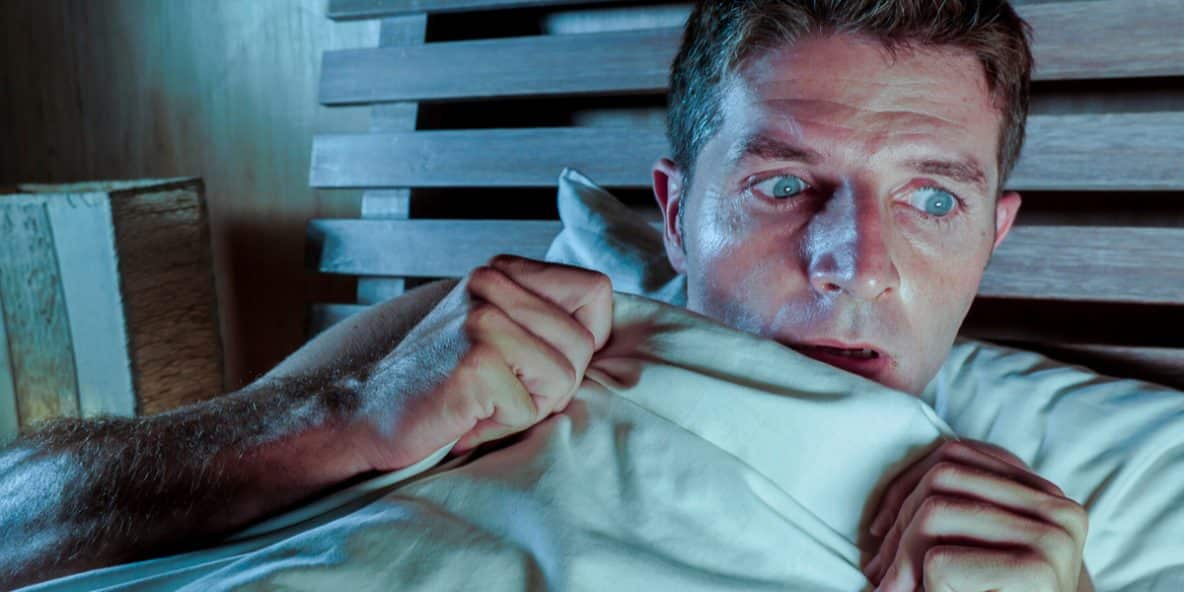What is paranoia?
Paranoia is the constant feeling of being under threat or worrying that something bad might happen to you. A paranoid person may believe they are being watched or that others are “out to get them”.
It is normal to have paranoid thoughts in certain situations. For example, walking alone at night might make you believe someone is watching or following you. If you are in a high-stress situation or have not gotten enough rest, it may lead to more paranoid thoughts popping up in your head. When these thoughts are constant regardless of the situation, it may mean there is a deeper issue.
Who is affected by paranoia?
There is no known cause for paranoia. However, paranoia is associated with bipolar disorder, different paranoid disorders, and most commonly schizophrenia.
It is also more common to have paranoid thoughts when going through substance use or withdrawal with drugs like marijuana, LSD, bath salts, meth, cocaine, and alcohol.

What are the different types of paranoid disorder?
There are three main types of paranoid disorder, which include:
- Paranoid Personality Disorder
- “Mildest” type.
- Usually able to function well despite symptoms.
- Delusional (Paranoid) Disorder
- One dominant delusion (false belief/thought) without any other sign of mental illness.
- Person’s behavior depends on their delusion.
- May believe they are being watched or spied on and have a fear of being persecuted.
- May have a delusion that they are in a relationship with a celebrity that they have never met. This can lead to behaviors like stalking.
- Paranoid Schizophrenia
- Most severe type.
- Strange delusions and even hallucinations may be common.
- Harder to function without proper treatment.
Do I have paranoia disorder?
Symptoms of paranoia
Symptoms can range from mild to severe and may depend on the type of paranoid disorder somebody has. They can include:
- Difficulty trusting others
- Being overly defensive
- Feeling constantly threatened
- Having relationship difficulties and trust issues
- Being hostile and argumentative
- Assuming people are out to get them or plotting against them
- Being overly suspicious of others
- Overthinking what people say or the way they say
- Believing that special, personal messages are being transmitted to you through unconventional ways (TV’s, newspaper, radio is speaking to you)
Diagnosis
A diagnosis for paranoia may be difficult since it is difficult for the paranoid individual to trust doctors, hospitals, or people in a position of authority. It is very important to seek professional help, however, since paranoia can be dangerous to the individual and others around them.

A typical diagnosis may include:
- Examining medical history
- Psychological tests
- A detox if drugs or substance use is involved
- Physical examination
- Assessment of symptoms
- Additional tests to rule out any other possible disorders
How do I treat paranoia?
Treatment options can vary depending on how severe symptoms are and what type of paranoid disorder someone has. With treatment and support, many people with paranoia tend to improve their overall well-being. Treatment options may include:
- Medication – Anti-anxiety or anti-psychotic drugs can help ease the symptoms of paranoia.
- Therapy – Different types of therapy can help teach people ways of coping with their symptoms better.
- Hospital Stays – In severe cases, admittance to a hospital may be necessary until symptoms subside and other treatment options become available.
Sources
https://www.verywellmind.com/what-is-paranoia-personality-disorder-21950#treatments-for-paranoia